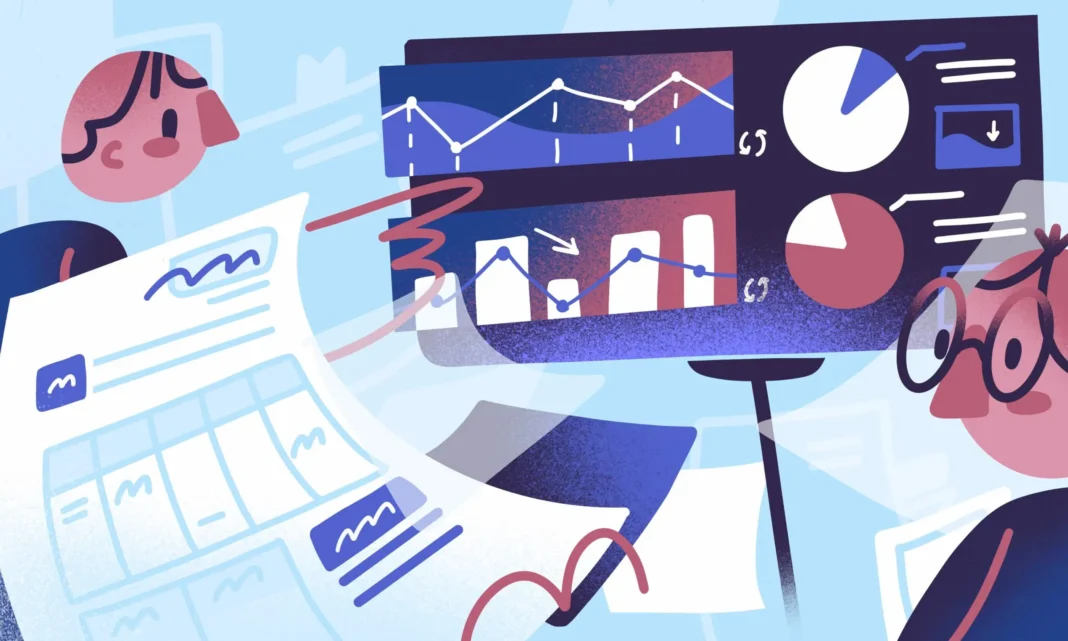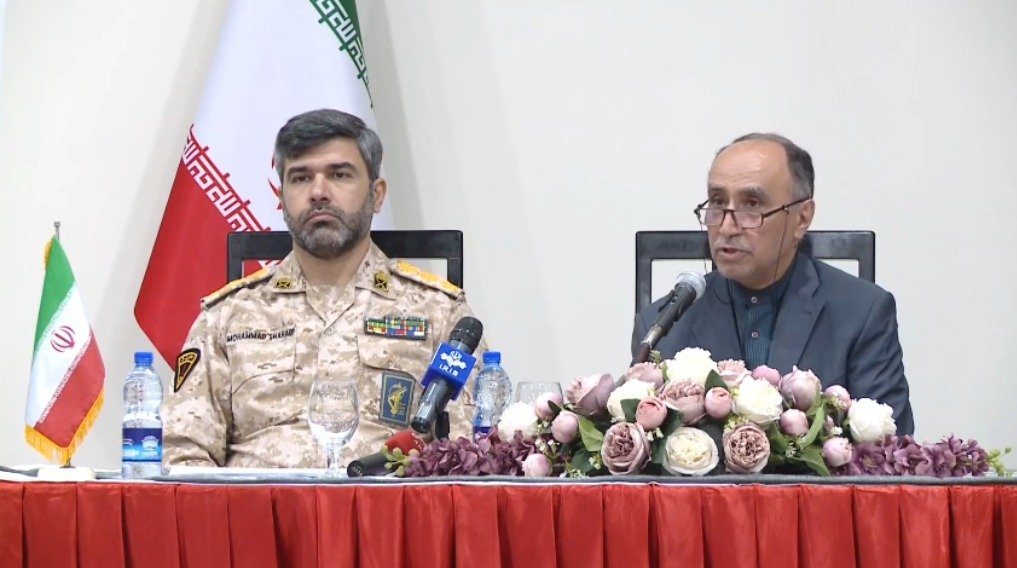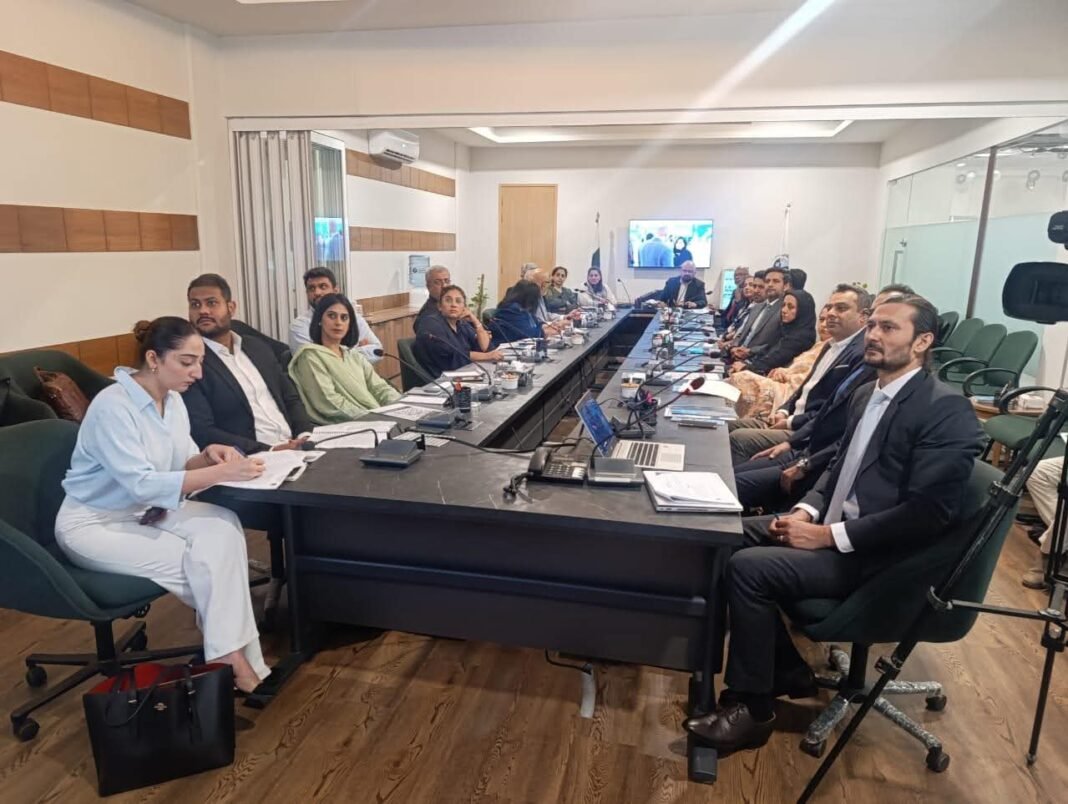I just received a latest survey report from Gallup Pakistan about public opinion in KP, offering detailed assessment of governance in the province. The report took me back in time when we all expected a revolutionary change in the political system of the country particularly the governance through an emerging political party. Those who are in their 50s have witnessed unprecedented transformations in almost every sphere of life due to exceptional technological developments. It was not a novel phenomenon to observe a wave of change in the society. We all were expecting a revolution in the political, social and economic scenarios of the country. Some exciting slogans, such as “saaf chali shffaf chali”, means clear and transparent movement and “tabdili aa nai rahi tabdili aa gai ha” means change has happened, raised expectations of common man quite sky high. Historically we have never been among nations which uphold justice and transparency, at least in my memory. People found refuge in these thrilling jargons, hoping justice and accountability coupled with economic progress and reputation among nations. Architects and leaders of this political party exactly knew what people of Pakistan desire and they successfully exploited genuine expectations of the public.
There have been some unusual political events globally during the last decade starting from unsuccessful coup in Turkey on July 15, 2016, despite historic influence of the army in Turkish politics; followed by unexpected success of Donald Trump in 2017 and finally surprising premiership of Imran Khan in 2018. These developments suggested changing mindset of the voters to rely on new faces to solve their problems. Recep Tayyip Erdogan and Donald Trump survived shocks and running their presidential offices apparently with comfort. However, Imran Khan severely depends on the performance of KP government for the comeback. But the report in hand suggests some serious challenges for PTI and Imran Khan both to seek public trust in coming times. The report is based on face-to-face interviews with 3,000 residents of KP, between February and March 2025 whiles the analysis and report writing was done in April-June 2025, means the last month. The findings reflect a population grappling with unmet expectations and discontent with governance, infrastructure, economic opportunities and accountability while PTI voters join the chorus of discontentment.
If we look at the data disinterestedly, it reveals widespread dissatisfaction with governance, economic performance, and public service delivery of PTI’s government. Report claims to have only 2 to 3% of margin of error at 95% confidence, which means we can depend on these findings to determine the performance of PTI in KPK where they are in the government for the last almost 11 years now.
According to the report only 57% respondents reported that they did not witness any new road projects that were initiated in the last one year where as 63% expressed dissatisfaction with the public transport facilities, and 60% were not happy with general development projects under the current PTI government. It is surprising to notice disappointment of 51% PTI supporters on the development in their areas.
The data which surprised me the most is about the perception of corruption in KPK about PTI’s current government. Report suggests that 52% of respondents believe that development funds have been misappropriated due to corruption while only 32% think they were used properly. It is indeed a huge mistrust on PTI’s government which should ring the alarm among PTI decision makers because at the end of the day what matters is the perception of people in the province about the integrity and transparency in managing public funds. It is because of this reason that 71% of respondents including 62% of PTI voters desired to have formal investigations into alleged corruption in mega projects during PTI’s rule. I was shocked to notice that 48% people in KPK believe that corruption in government departments has increased, and 40% feel it is more prevalent in KPK than in Punjab. It means people do monitor performance of other provinces and also have access to the information about the affairs of their neighbouring provinces. It would have been an excellent report if the agency would have included the comparison with all other provinces, anyhow it is still an eye-opener for the leaders of PTI that how quickly they are losing the public trust.
This most recent report contends that 59% respondents report rising unemployment, and 67% declare that the government has failed to create jobs or business opportunities. Staggering 73% respondents believe that it is only personal connections, not merit, that determines access to government jobs, which speaks volumes about the prevailing mistrust among the public in KPK.
We learned from our early childhood that “aawaz-e-khalq ko naqar-e-Khuda samjho”, meaning thereby the public sentiment determines your fate. Therefore, it will be better for PTI leaders to focus on serving their people who brought them into the power because 60% of respondents believe that the KP government wasted time in protests and demonstrations rather than focusing on governance. Again this finding suggests that previous actions of KP government including long march and others are not looked upon favourably by KP residents. As a safe conclusion one can say that by and large PTI’s performance in their stronghold is not that enough, at least as for now, to help them secure next election whenever it happen as long as they focus their energies to serve the people of KPK with utmost honesty and determination.
Dr. Abdus Sattar Abbasi
COMSATS University Lahore Campus
drabdussattar@cuilahore.edu.pk





![logo-1[1]](https://globalnewspakistan.com/wp-content/uploads/2025/01/logo-11-e1737618310315-300x187.png)